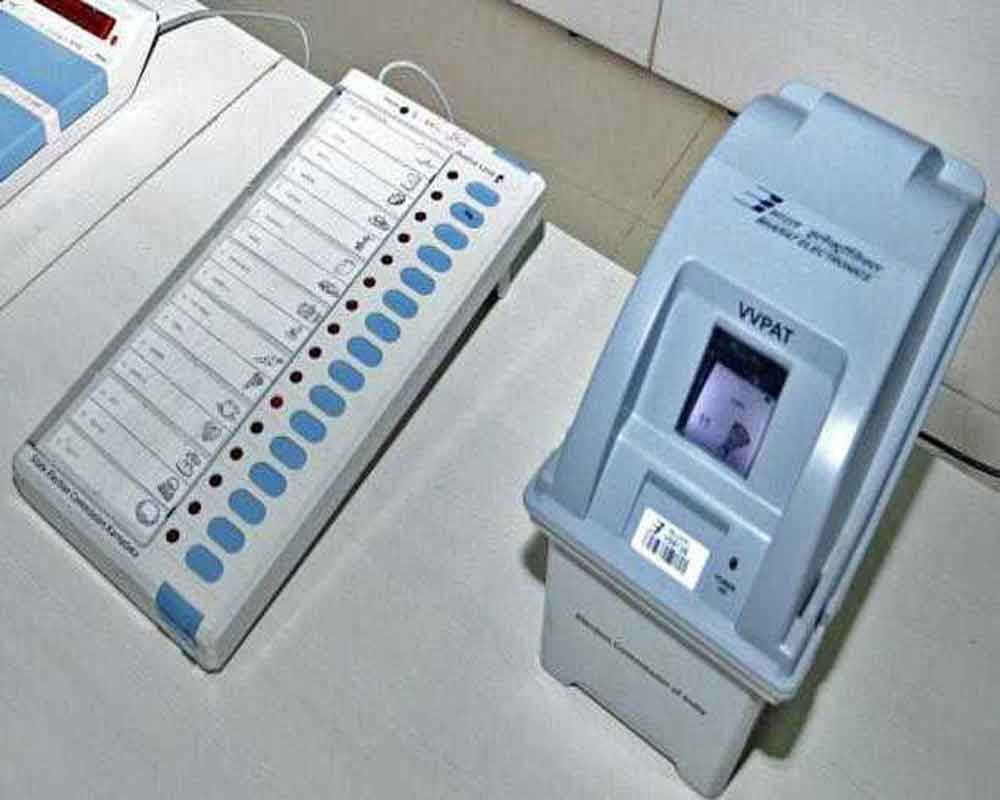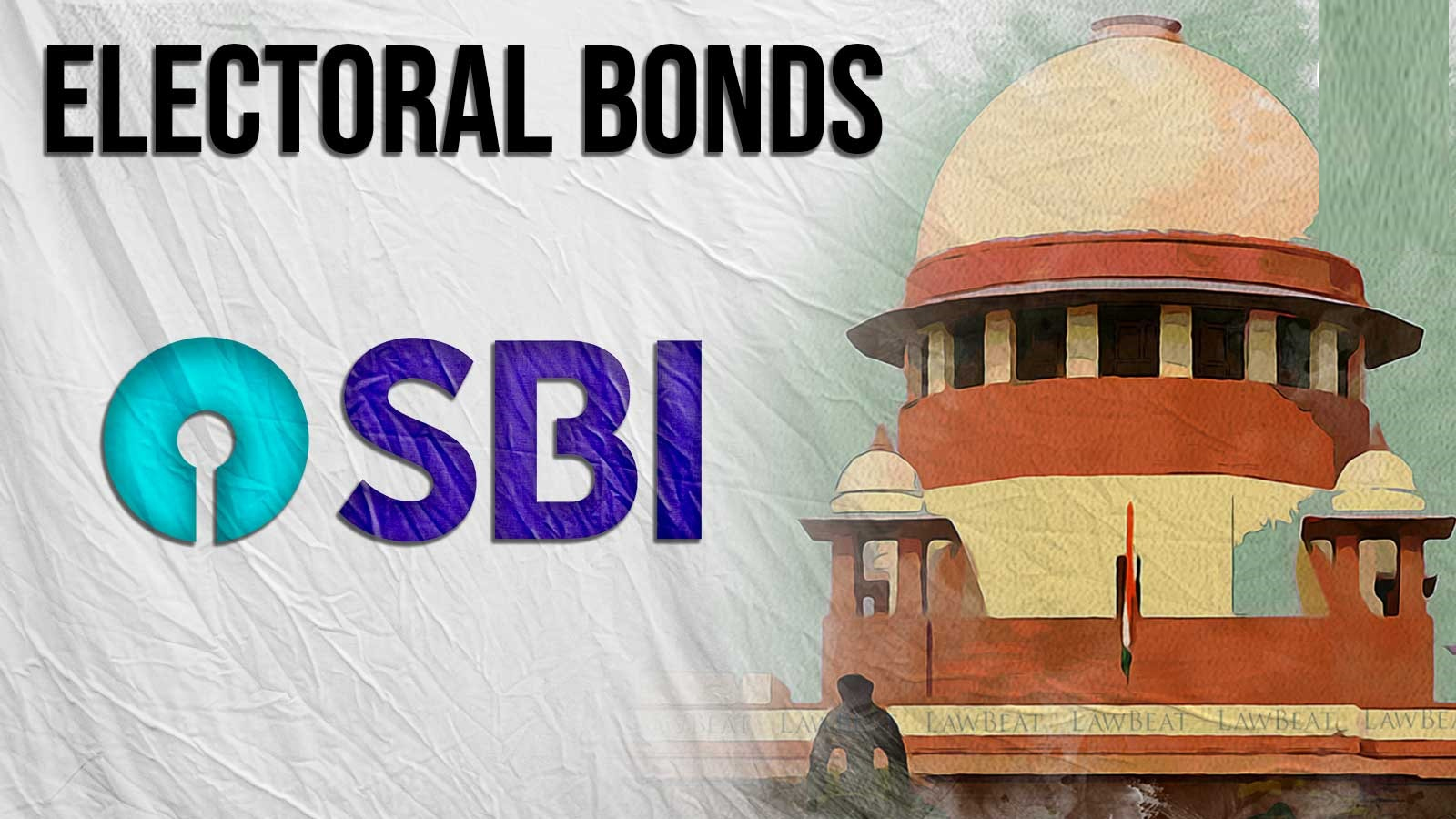The proceedings in the Supreme Court (SC) regarding Electronic Voting Machines (EVMs) have once again brought to the forefront the debate surrounding the efficacy and transparency of electoral processes
 KRC TIMES Desk
KRC TIMES Desk

The proceedings in the Supreme Court (SC) regarding Electronic Voting Machines (EVMs) have once again brought to the forefront the debate surrounding the efficacy and transparency of electoral processes. While concerns over the possibility of EVM manipulation persist, the court’s cautious approach underscores the delicate balance between addressing legitimate doubts and maintaining the sanctity of democratic institutions. In a democracy, the integrity of elections is paramount.
Any perception of tampering or manipulation undermines public trust and erodes the very foundation of democratic governance. It is within this context that the Supreme Court’s role becomes crucial in adjudicating disputes and ensuring that electoral processes uphold the principles of fairness and transparency.
The SC’s reservation about directly intervening in matters concerning EVMs is not a sign of apathy but a reflection of its adherence to constitutional principles and legal jurisdiction. As the highest judicial authority, the court must exercise prudence in its decisions, especially when dealing with complex technical issues like EVM functionality. While it acknowledges the concerns raised by petitioners regarding the possibility of tampering, the court rightly emphasises the need for concrete evidence and adherence to due process before making any determinations.
The court’s insistence on relying on verified data and information provided by the Election Commission is in line with established legal norms. The EC, as a constitutional body entrusted with the conduct of elections, possesses the technical expertise and resources necessary to assess the integrity of EVMs. By seeking clarification from the EC and scrutinising its responses, the court demonstrates its commitment to thorough examination and evidence-based decision-making.
Moreover, the court’s reluctance to issue directives based solely on suspicion or conjecture underscores its respect for the constitutional division of powers. While it has the authority to interpret and safeguard constitutional provisions, the court must exercise restraint in matters falling within the purview of other constitutional authorities. In this case, the court rightly acknowledges that it cannot usurp the role of the EC or dictate electoral procedures beyond its mandate. Furthermore, the court’s reference to previous judgements on VVPAT underscores its consistency in safeguarding electoral integrity. VVPAT serves as an additional layer of verification, allowing voters to verify that their votes are accurately recorded. The court’s previous directives to increase VVPAT verification and ensure transparency in the electoral process demonstrate its proactive approach to addressing concerns over EVMs.
The timing of the hearing amidst parliamentary elections presents a significant challenge in itself. Against the backdrop of a buzzing social media landscape rife with allegations of EVM manipulations and fervent advocacy from certain legal quarters against EVM usage, the matter has escalated into a major controversy. Instances of EVM malfunctioning only add fuel to the fire. The court’s reliance on concrete evidence is understandable; without substantial proof, it will indeed be challenging to revert to ballot papers or implement a 100% matching of VVPATs. It is worth noting that the majority of countries still rely on traditional paper ballots instead of EVMs.
With two phases of elections already completed, the Supreme Court has rightfully rejected pleas seeking complete cross verification of votes cast using EVMs with a Voter Verifiable Paper Audit Trial (VVPAT) and ruled out reverting back to ballot paper in elections. The court’s role in adjudicating the EVM controversy extends beyond resolving technical disputes; it is about safeguarding the democratic fabric of the nation. By exercising judicial restraint and upholding the rule of law, the court reinforces the fundamental principles of democracy and reinforces the importance of evidence-based decision-making.





